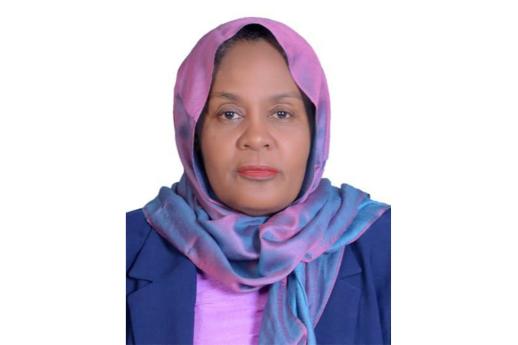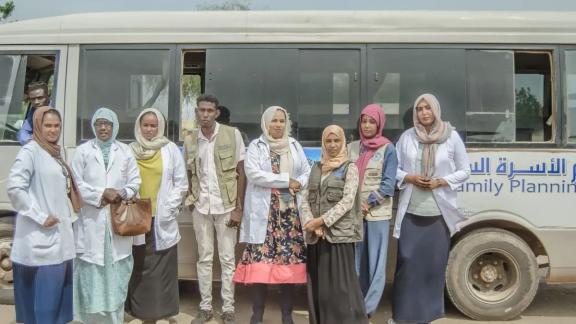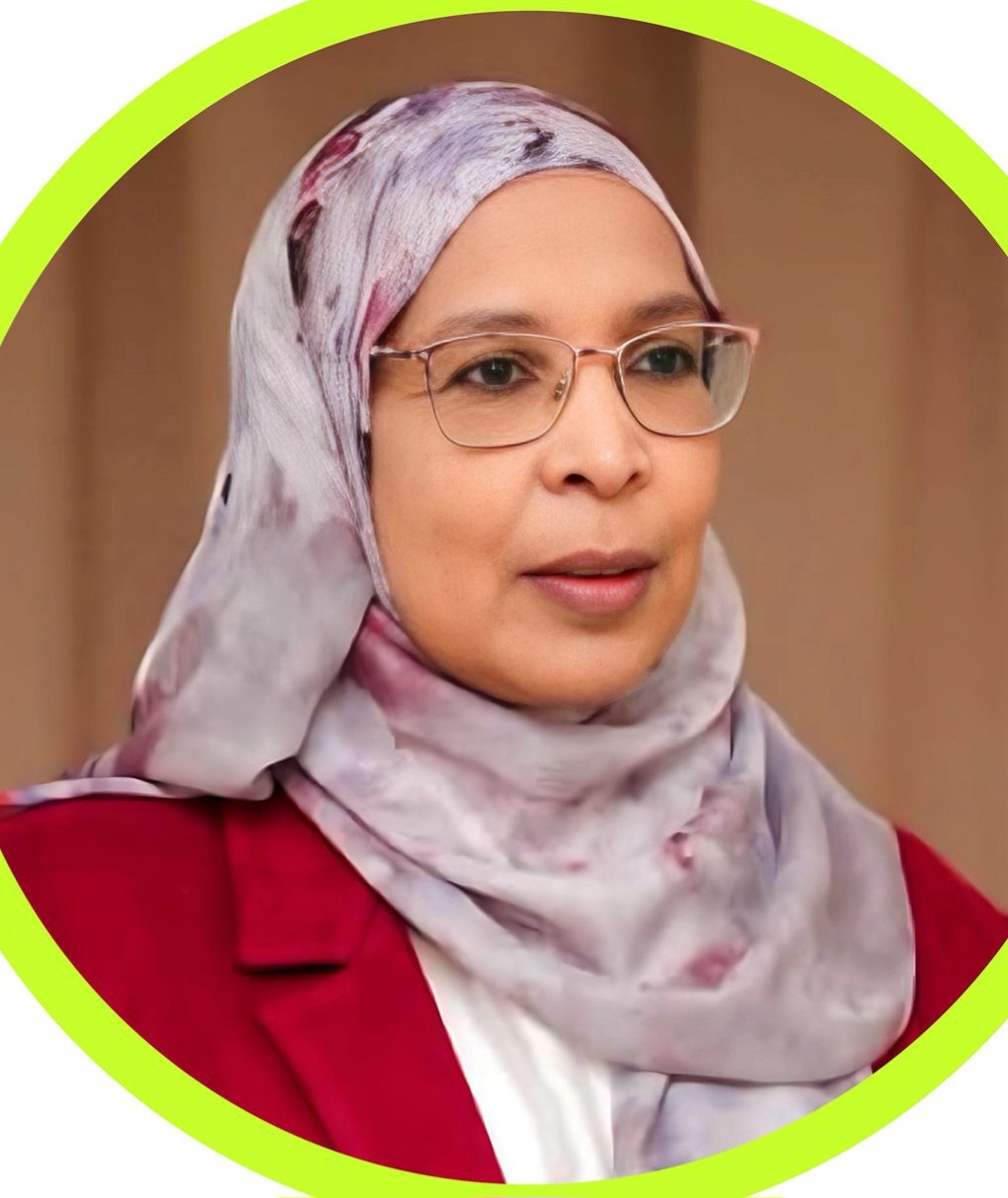Can you describe the devastating consequence of deliberate attacks on health facilities and personnel in Sudan amidst the ongoing war?
As you may know, Sudan has been experiencing a prolonged war since April 2023. The conflict involves Sudanese forces, allied and support troops from South Sudan, as well as foreign fighters from various neighboring countries, making it a multilayered war. The Sudanese population is suffering. Civilians are deliberately being targeted. The number of displaced people has reached 12 million in total. 3.8 million are refugees and 8.7 million are internally displaced persons (IDPs).
80% of health facilities have been destroyed or damaged. A large number of health workers have been attacked through shelling, drone strikes, and shootings, while others have been detained and arrested by soldiers. Members of our medical staff and our drivers are currently in detention. Many of our health workers and frontliners have lost family members. They shared how traumatizing this situation is for them, leaving them with significant psychological distress. In addition, they have been facing the looting of their properties. The situation is extremely critical for frontliners.
Despite this, we are still committed to delivering essential services to women and girls, in particular sexual and reproductive health (SRH). Because of the war, the gap in health services, especially SRHR, is growing dramatically. Our work is life-saving.
How does the conflict affect your ability to deliver life-saving SRH services?
One of the heroes leading our branch at Khartoum State, Ahlam, exemplifies the resilience and determination of human spirits in the face of immense challenges. Despite the destruction of the Sudan Family Planning Office in Khartoum State, including looting a static clinic, she remained ready to her commitment to provide care.
Her personal health struggles as a diabetic, combined with the psychological toll of supporting survivors of sexual violence, made her mission even more demanding. The lack of transportation, medical supplies, and health care personnel further compounds the difficulty of navigating a war-torn city.
Yet Ahlam found ways to persist and make a difference. She successfully restored the health center in the Muturman area in an area called Qarari, transforming it into a vital life line for pregnant women, including those in labor, as well as survivors of gender-based violence, and patients with HIV, STIs, and malnutrition.
She fostered partnerships with national and international organizations, securing essential support for displaced individuals and for those being warned. Despite overwhelming obstacles, Ahlam and her team continue to provide critical SRH services.
when
country
Sudan
region
Africa
Subject
Humanitarian
Related Member Association
Sudan Family Planning Association

Ahlam via Sudan Family Planning Association
Ahlam via Sudan Family Planning AssociationWhat recommendations would you share, and what tactics are working for your team?
For us at SFPA, we are doing our best to support adults in IDP sites, women on the move, women at the closing borders. And through our 15 sub-offices, we managed to provide around 44 million SRH services during 2024.
Our static clinics, mobile clinics, and our mobile teams are also trying to help women who have experienced gender-based violence (GBV), including rape survivors, by providing clinical medical services. We provide abortion care in our static clinics, including abortion surgeries. We are also part of the state-level referral system, coordinating with UNICEF and other stakeholders. We are partnering with national efforts to support GBV survivors with legal aid - because abortion surgeries cannot be conducted without legal authorization.
We provide survivors with safe shelter, as many are abandoned by their families and husbands. They need a place to stay until they feel ready to face their new reality. Some survivors decide to abandon their babies because of the psychological trauma. To better support survivors in this extremely difficult situation, we also offer psychological support to GBV survivors.
Still, all this feels like a drop in the ocean. The needs are massive, the gaps are wide, and the women-led organizations and NGOs like us are facing underfunding. We are also facing some restrictions and bureaucratic constraints from the government because we need commodities, supplies to reach our sub-offices in the different states. Our work is very challenging and we have some urgent asks from the ground. We need to amplify the voices of health workers and frontliners. They must be protected, because they are delivering life-saving services under extremely distressing conditions.








